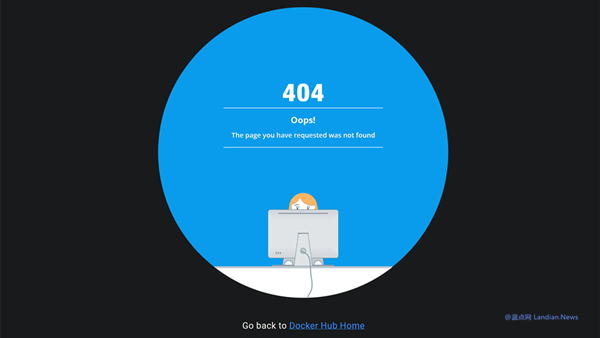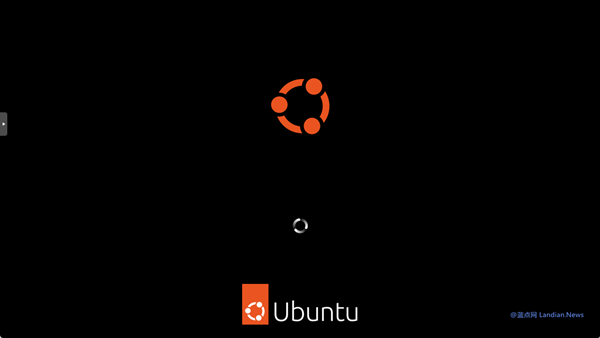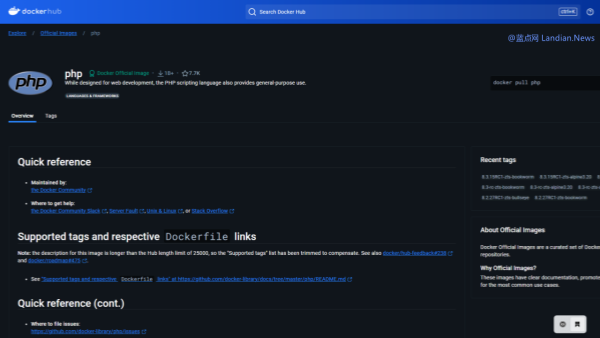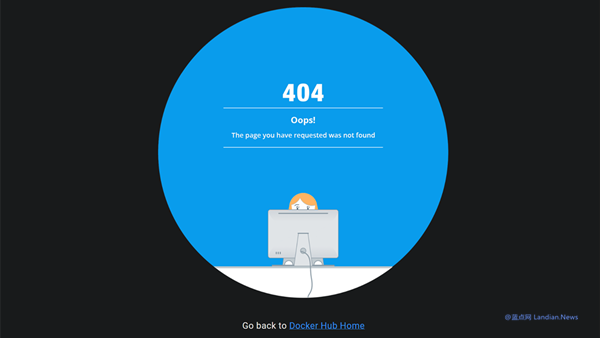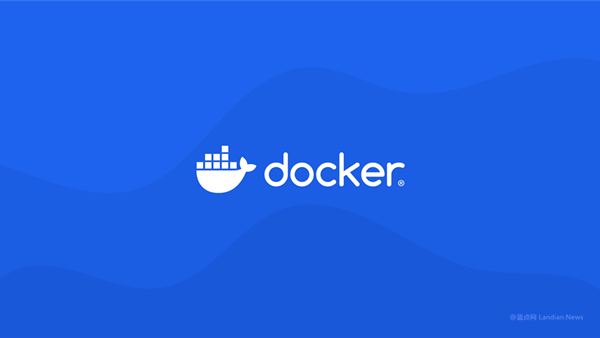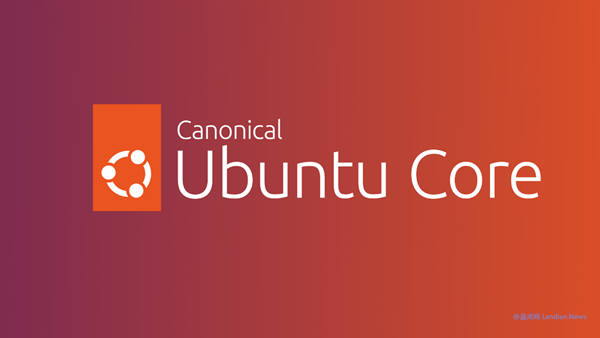Canonical Announces New 12-Year Long-Term Support Plan: Custom Docker Images for Enterprises with Security Update Support
Canonical, the developer of the operating system, announced this week the launch of a new service built on the foundation of Everything LTS. This service enables enterprises and developers to create custom, distributionless Docker images, which will also be eligible for up to 12 years of security update support.
These custom Docker images can contain any open-source software, regardless of whether the packages are integrated into Ubuntu. This is because Canonical commits to maintaining these software packages through upstream open-source updates to ensure that the Docker images receive timely updates.
In the current surge of interest in artificial intelligence, many new AI and ML open-source components are emerging. Canonical is keeping pace with these developments by providing maintenance from the project's source. This applies to Docker images based on Ubuntu and those that are not, aiming to minimize the attack surface for containerized applications significantly. Canonical promises to synchronize the repair of CVE vulnerabilities in open-source software within 24 hours and provide updates.
As expected, this valuable service is not completely free. It supports the Ubuntu Pro subscription plan. Canonical will offer support on platforms such as Red Hat Enterprise, VMware, Ubuntu, or major public cloud computing platforms' Kubernetes.
The Ubuntu Pro subscription plan charges based on the number of systems running. However, for small and medium-sized teams and developers, the subscription offers support for up to 5 systems free of charge. Users simply need to register for the Ubuntu Pro plan and log in to enjoy the service. Enterprises operating a large number of systems may need to contact Canonical to upgrade to a paid subscription plan for comprehensive coverage.
Customers already collaborating with Canonical can also request the design of specific open-source application Docker images or base images containing all necessary open-source dependencies. Canonical assists customers in building these based on the Open Container Initiative (OCI) standards, ensuring they can run natively across multiple platforms, including but not limited to Ubuntu, RHEL, VMware Kubernetes, and Kubernetes on public clouds.


